Two armies at death grips - that is one great army committing suicide
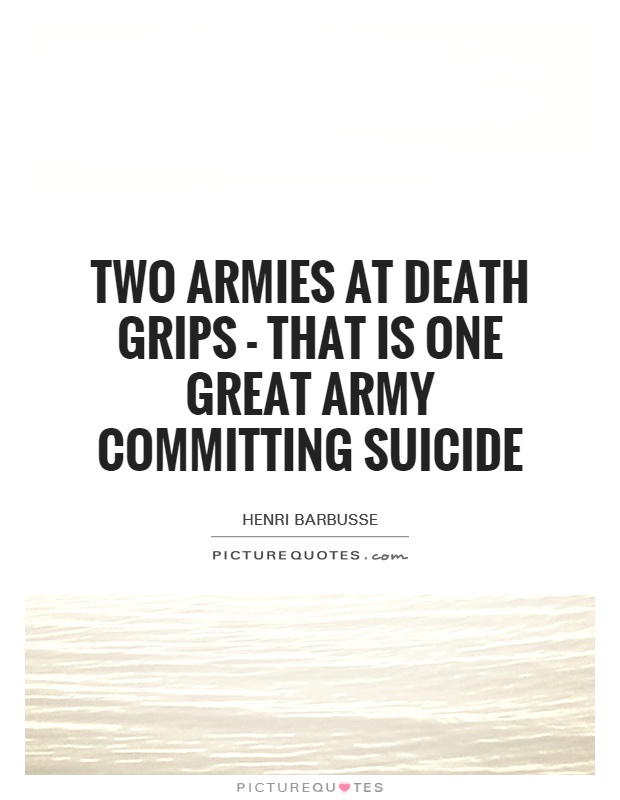
Two armies at death grips - that is one great army committing suicide
Henri Barbusse, a French writer and journalist, is best known for his anti-war novel "Under Fire" (also known as "Le Feu"). In this novel, Barbusse vividly portrays the horrors and futility of war through the eyes of a group of French soldiers fighting in the trenches during World War I. One of the most powerful and poignant quotes from the novel is "Two armies at death grips - that is one great army committing suicide."This quote encapsulates the senseless destruction and loss of life that occurs in war. When two armies are locked in combat, each trying to destroy the other, the result is a massive loss of life on both sides. The soldiers are essentially sacrificing themselves for a cause that may not even be clear or justifiable. The idea of two armies at death grips being equivalent to one great army committing suicide highlights the fact that war is ultimately self-destructive and leads to the destruction of both sides.
Barbusse's portrayal of war in "Under Fire" is gritty, realistic, and unflinching. He does not shy away from depicting the brutalities of war, the physical and psychological toll it takes on the soldiers, and the sense of futility and despair that pervades the battlefield. Through his vivid descriptions and powerful imagery, Barbusse conveys the senselessness of war and the tragic consequences it has for those who are caught up in its grip.
The quote "Two armies at death grips - that is one great army committing suicide" serves as a stark reminder of the devastating impact of war on individuals and societies. It challenges the glorification of war and calls into question the motives and justifications for engaging in armed conflict. Barbusse's work continues to resonate with readers today, reminding us of the human cost of war and the urgent need for peace and understanding.
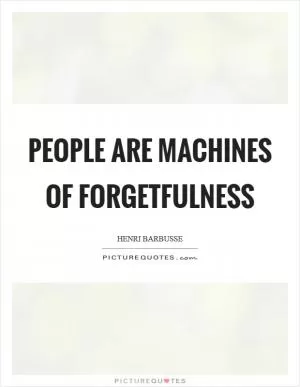
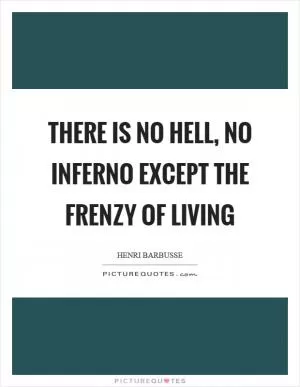

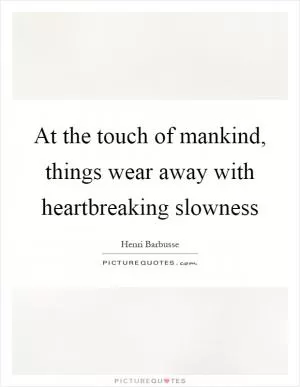

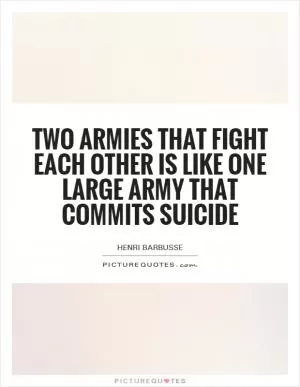

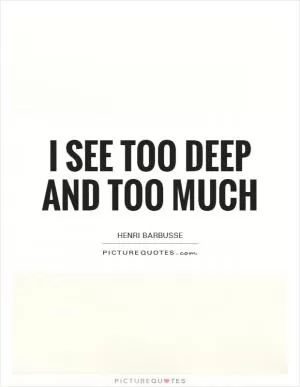



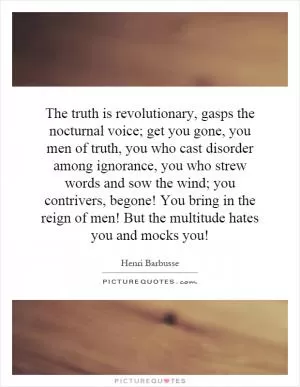
 Friendship Quotes
Friendship Quotes Love Quotes
Love Quotes Life Quotes
Life Quotes Funny Quotes
Funny Quotes Motivational Quotes
Motivational Quotes Inspirational Quotes
Inspirational Quotes